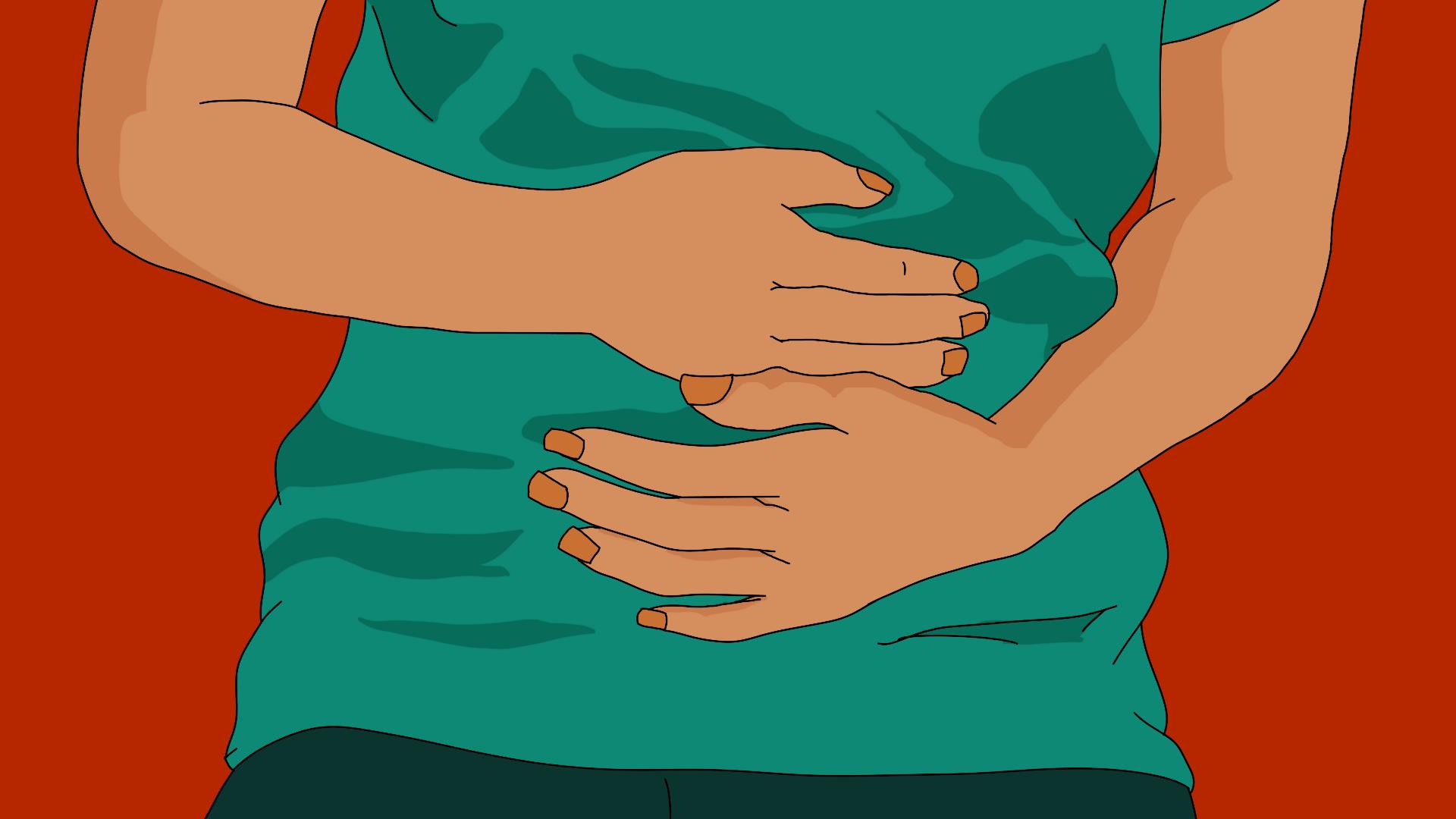🎧 Listen to: Ulcers

Ulcers
What is an ulcer?
An ulcer is a sore or wound that takes a long time to heal and can come back if not properly treated. Ulcers can develop inside the body, like in the stomach, or on the skin. Many Africans experience ulcers but may not fully understand what causes them or how to treat them properly.
In Africa, stomach ulcers (also called peptic ulcers) are very common, and many people mistakenly believe they are caused by eating spicy food or skipping meals. While these factors can worsen ulcers, they are not the main cause. Understanding ulcers can help prevent serious complications.
How common are ulcers in Africa?
Ulcers are a widespread health issue across Africa.
- Studies show that over 70% of ulcer cases in Africa are linked to a bacterial infection called Helicobacter pylori (H. pylori), which is spread through contaminated food and water.
- Many Africans rely on painkillers like ibuprofen and aspirin, which, when taken for long periods, can cause ulcers.
- Poor access to healthcare means many people do not get proper treatment, leading to complications.
Types of ulcers?
There are different types of ulcers, each with different causes and symptoms.
Peptic ulcers (stomach ulcers)
These are sores that develop in the stomach or small intestine. They are caused mainly by H. pylori bacteria or excessive use of painkillers.
Symptoms include:
- Burning stomach pain (worse when hungry or at night)
- Nausea or vomiting
- Bloating or feeling full quickly
- Loss of appetite
- Dark or bloody stool (a sign of serious bleeding)
Treatment:
- Antibiotics to kill the H. pylori bacteria
- Acid-reducing medication to help the ulcer heal
- Avoiding painkillers like ibuprofen and aspirin
- Eating regularly to reduce stomach acid irritation
Arterial ulcers (poor blood flow ulcers)
These ulcers occur when there is reduced blood flow to a part of the body, usually the feet, ankles, or toes.
Causes:
- Diabetes (very common in Africa)
- High blood pressure
- Smoking
- Old age
Symptoms include:
- Deep, painful sores with yellow, black, or red coloration
- Cold skin around the ulcer
- Little to no bleeding Treatment:
- Controlling diabetes or high blood pressure
- Improving blood circulation with exercise
- Surgery in severe cases
Venous ulcers (leg ulcers)
These ulcers occur when blood doesn’t flow properly from the legs back to the heart, leading to open sores, mostly around the ankles.
Symptoms include:
- Swelling of the leg
- Itching and pain around the ulcer
- Open wounds that don’t heal
Treatment:
- Keeping the leg elevated
- Compression therapy (bandages or stockings)
- Antibiotics for infections
Mouth ulcers (canker sores)
Mouth ulcers are small sores inside the mouth, on the tongue, or gums. They are very common and usually go away on their own.
Causes:
- Stress
- Lack of vitamins (especially Vitamin C and B12)
- Bacterial or viral infections
Symptoms include:
- Painful white or red sores inside the mouth
- Difficulty eating spicy or acidic foods
- Mild fever (in some cases)
Treatment:
- Using mouthwash or salt water to rinse the mouth
- Eating more fruits and vegetables
- Applying honey or aloe vera for quick healing
Genital ulcers
These sores appear around the private parts and are mostly caused by sexually transmitted infections (STIs).
Symptoms include:
- Painful or itchy sores
- Fever and swollen glands
- Rash or bumps in the genital area Treatment:
- Antibiotics for bacterial infections
- Antiviral medication for viral infections
- Safe sex practices to prevent re-infection
How to prevent ulcers?
- Eat a balanced diet: Foods rich in fiber, like vegetables and whole grains, help prevent stomach ulcers.
- Drink clean water: Contaminated water spreads H. pylori, a major cause of stomach ulcers.
- Avoid excessive painkillers: Taking too many painkillers like ibuprofen can damage the stomach lining.
- Manage stress: Stress does not cause ulcers, but it can make symptoms worse.
- Control diabetes and blood pressure: This reduces the risk of arterial and venous ulcers.
- Practice good hygiene: Brushing your teeth and washing hands regularly helps prevent mouth ulcers.
- Use protection during sex: This helps prevent genital ulcers caused by STIs.
Do ulcers go away on their own?
Some mild ulcers, like mouth ulcers, heal on their own in one to two weeks. However, other ulcers, like stomach ulcers or leg ulcers, need proper treatment to heal completely. If an ulcer is not healing after a few weeks, or if it is causing severe pain or bleeding, see a doctor immediately.
How long does it take for ulcers to heal?
- Mouth ulcers: 1-2 weeks
- Peptic (stomach) ulcers: 4-8 weeks with treatment
- Arterial ulcers: Several months, sometimes never fully healing
- Venous ulcers: 3-6 months, but some take longer
- Genital ulcers: Depends on the cause; some heal in 1-2 weeks with treatment
The earlier you seek treatment, the faster the healing process.
